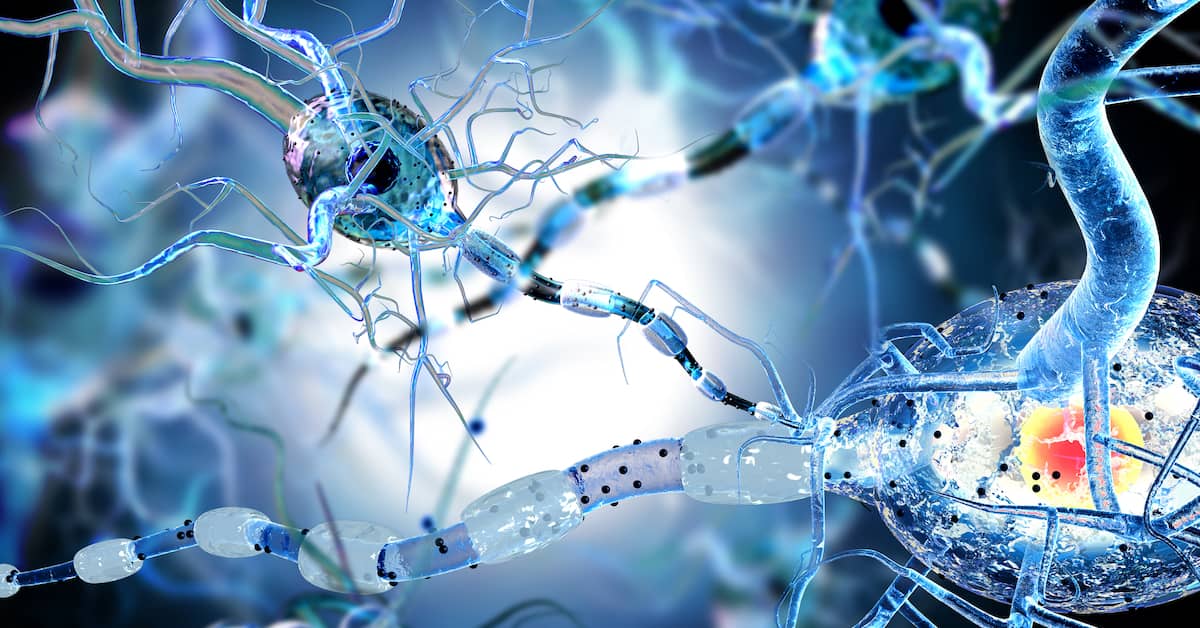
Falls Into the Gap Between Physical and Mental Health
Both women were told they had FND, a condition that's second only to headaches or migraines as a reason why patients are referred to a neurologist. London neuropsychiatrist Dr. Tim Nicholson says the condition is often not taken seriously, "As has been the case with ME (chronic fatigue syndrome), FND has very often been misconstrued as something imagined or faked because the disorder falls between the gap of physical and mental health. "Sadly, even some doctors may dismiss it as feigned because they can find no physical evidence for it." Professor of neurology, Jon Stone, an expert in FND from Scotland, agrees that "FND is one of the worst examples of this mindset." Another expert neurologist, Professor Mark Edwards, adds that "we look after people with FND in an appalling way." So what exactly is FND?Like a Computer Software Problem
"The new ME", as some experts have dubbed it, can be triggered by some physical or psychological factor that disrupts messages sent by the central nervous system to the body, resulting in an extremely wide range of possible physical and mental symptoms but nothing that can be picked up on a blood test or scan. Prof. Stone describes FND as "a bit like a software problem on a computer. The 'hardware' of the brain isn't damaged but there is a problem with the 'software', so the computer doesn't work properly." Symptoms suffered such as paralysis, seizures and tremors "are very real, very genuine," he explains. Diagnosis requires, as Prof. Edwards puts it, "attention to detail, expertise and skill." Symptoms are usually mild and temporary, with a full recovery being made in months. In fact, about 40 percent of patients recover within a year without much in the way of specific treatment. Others will require extensive individualized help from various therapies that may include physiotherapy, psychological therapy, occupational therapy, speech and language therapy, hypnotherapy and transcranial magnetic stimulation.How to Diagnose FND
According to Prof. Stone, FND is not diagnosed by excluding what it isn't. It should rest on clear positive evidence, typically from a combination of physical signs upon examination or the particular nature of tremors and seizures which differ from other neurological conditions. The good news is that neurologists do accurately diagnose it 95 percent of the time. One test used for those with mobility problems is called the hoover sign. Patients may find it impossible to move their weak leg when they concentrate on it, yet when they focus on moving another body part, the doctor can feel the weak leg regain its strength. This test demonstrates a fundamental property of functional symptoms. The body's wiring is working normally but the patient can't make it work when consciously trying, only when it happens automatically by focusing elsewhere.Surprisingly Common
Prof. Stone says he would like to see "removal of the stigma of having a functional disorder.” “These are really common conditions. All of us in some point in our lives have some physical symptoms that are functional symptoms. We should be bringing them into the mainstream of medicine...because it has the potential for reversibility." As for Janey, after a two year delay in receiving a diagnosis of her FND, she is now recovering with physiotherapy. Prospects also looked good for Georgia. After six weeks of intensive physiotherapy she made a full recovery. Sadly, she bumped her head again in the same spot and her nightmare started all over again. But she's optimistic. "I've made a full recovery once and intend to do so again. Getting back to kayaking is my motivation to get better." You can find further information about diagnosing and treating FND at www.neurosymptoms.org.- www.ncbi.nlm.nih.gov/pmc/articles/PMC7850207/ A practical review of functional neurological disorder (FND) for the general physician
- www.youtube.com/watch?v=w4lqr4Mo32M Functional Neurological Disorder (FND) - an introduction
- https://www.dailymail.co.uk/health/article-6919239/Crippling-brain-condition-left-18-kayaking-world- champion-wheelchair.html
- https://www.dailymail.co.uk/health/article-9313907/How-did-TWO-YEARS-diagnose-brain-disorder- Janey-told-mind.html
